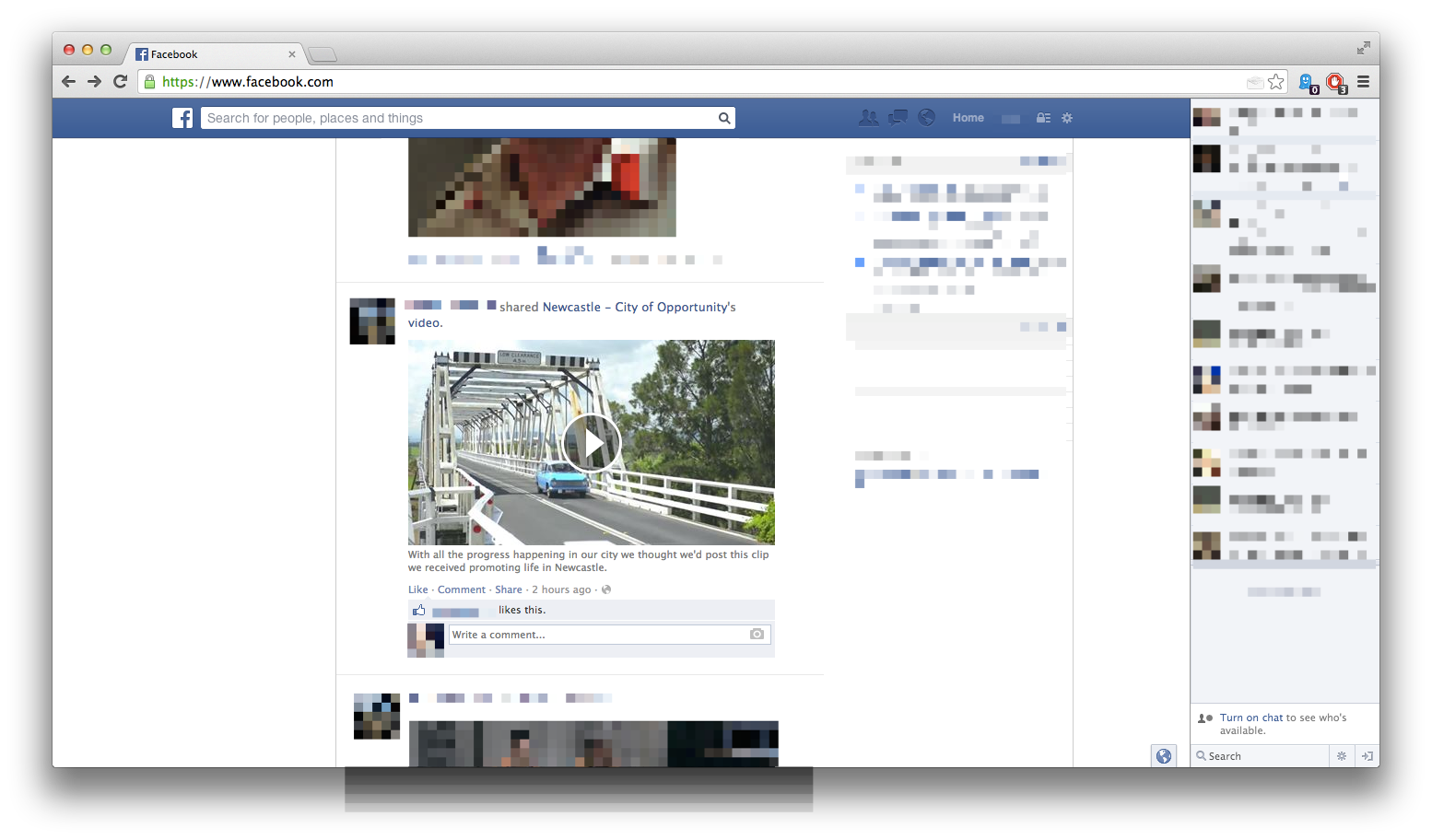Originally Facebook was founded as a social media platform where you can chat with your friends, share pictures and let your friends know what you are doing. But soon after Mark Zuckerburg founded Facebook, people started to share a lot of funny videos with bloopers or just sport videos. Facebook was meant to be a platform where users could share their own videos, like their own football skills or videos of their new-born baby for example. Nowadays Facebook seems to be a kind of YouTube, there are hardly interesting posts of friends in which they tell you what they are doing. When I open my Facebook app on my mobile phone the first thing I see when I am scrolling through my timeline are videos, a lot of videos. Should Facebook take measures to reduce the amount of videos on Facebook or is this also what we are calling a social media platform?

There is something to say for both sides, on the one hand it has nothing to with socializing with your friends. Nowadays you have to search for some status updates of your friends among all those videos, pictures and memes of Facebook accounts like 9GAG. When you have a lot of friends every minute there are some new videos on your timeline, that’s because Facebook shows you all the videos that one of your friends had liked. The most annoying about these posts is the fact that you can’t find anything back, when you saw a nice picture or video and you want to watch it again it’s almost impossible.
But on the other hand it is also very funny, when you are bored you can always keep scrolling through your timeline and watch some funny videos. Maybe without these videos and pictures Facebook was a lot more boring and maybe that will cause less Facebook users. When there were no videos on Facebook, only personal accounts it would be very boring on Facebook. Then you will have once in an hour a new post, so when you are bored you can’t just go and scrolling through your timeline.
So I think Facebook should not take measures to reduce the amount of videos on Facebook, because I think that will lead to less popularity of the social media platform. The only thing Facebook probably can do is just show you the videos of Facebook pages you liked and not all the videos that your friends do like. For me it is sometimes really nice to relax and watch the most stupid videos in my spare time. What do you think about all these videos in your timeline?




